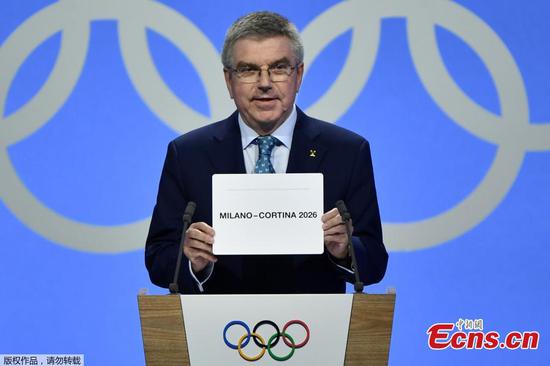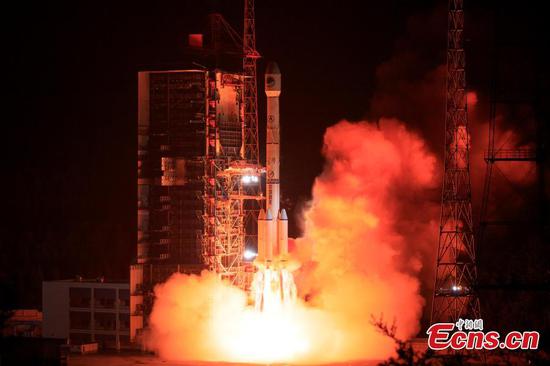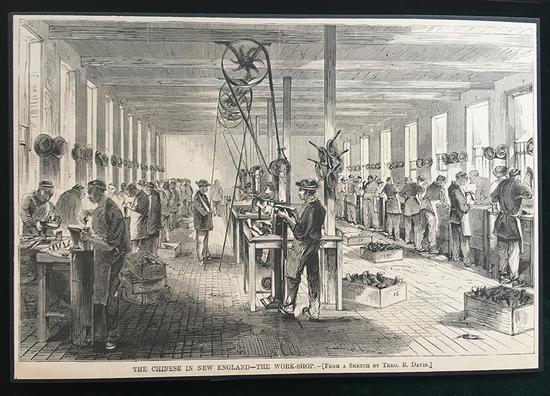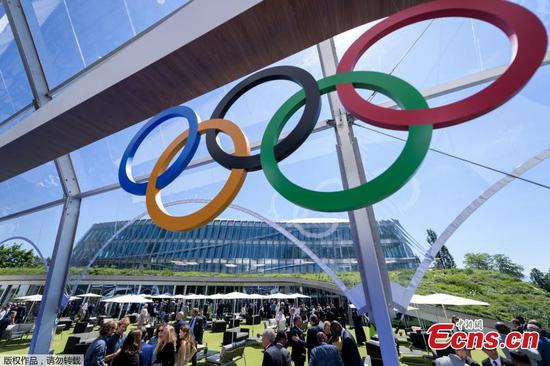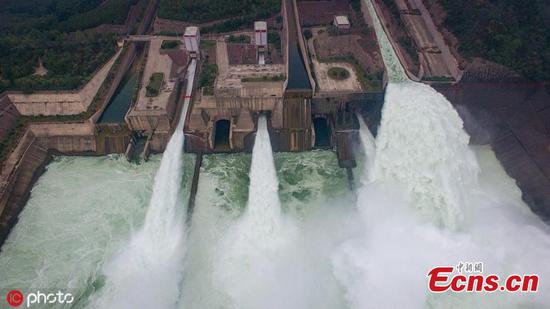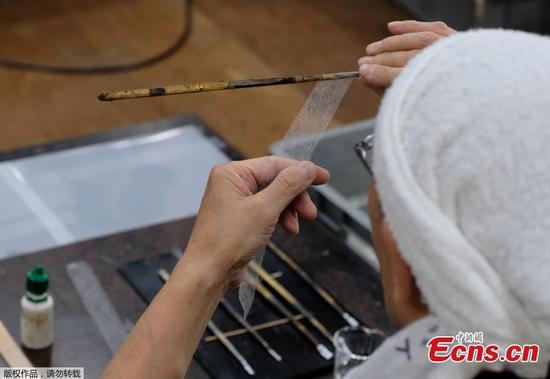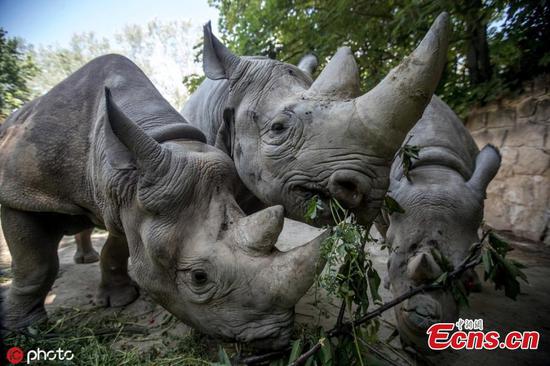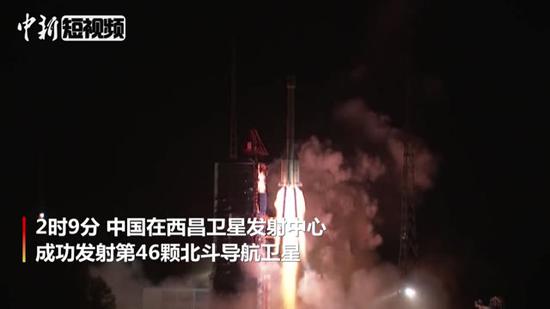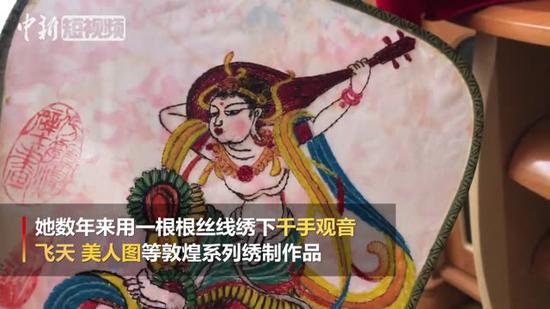He said he believes that the tangible development of the Belt and Road Initiative will help companies from China and Japan better deepen international capacity cooperation as they have already jointly developed a photovoltaic power station project in United Arab Emirates and an energy project in Kazakhstan.
Companies from China and Japan signed more than 50 agreements for cooperation in areas such as infrastructure and services to further develop third-party markets in October last year.
These deals also cover digital technology, healthcare, finance, regional development and manufacturing, according to officials from both sides. The two sides have already begun to work with the Thai government on a high-speed railway project in eastern Thailand, as well as smart city projects.
"Japanese businesses are proficient in forming consortiums to conduct projects in overseas markets, these can be formed by manufacturers, infrastructure project contractors, banks and insurance companies, and other types of service suppliers," he said, adding that Chinese companies can learn from this practical method and deepen cooperation with their Japanese partners.
Wei, who also was China's vice-minister of commerce between 2003 and 2008, said trade volume between China and Japan, as well as China and South Korea, was encouraging last year and will continue to surge this year, in a bid to reduce the negative impact of protectionism.
Bilateral trade between China and Japan increased 8.1 percent year-on-year to $327.66 billion in 2018, while trade between China and South Korea totaled $313.42 billion, up 11.8 percent year-on-year, data from the Ministry of Commerce show.
Wei hopes that the three countries can complete talks on the China-Japan-South Korea Free Trade Agreement this year and accelerate the negotiation pace for the Regional Comprehensive Economic Partnership with other partners in 2019.
"Facing the growing trend toward unilateralism and protectionism, supporting multilateralism and developing third-party markets for manufacturing powers including China, Japan and South Korea, will not only conform to common interests but also benefit the global economy, "said Xue Rongjiu, deputy director of the China Society for WTO Studies.









